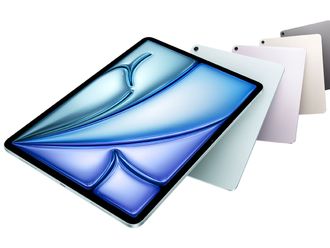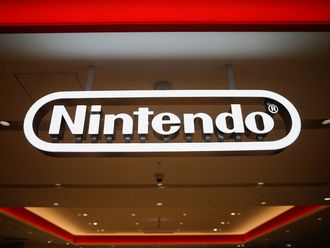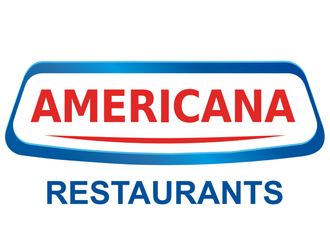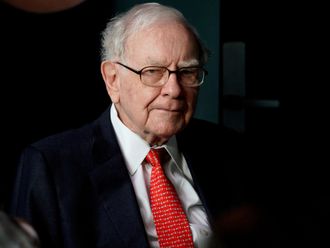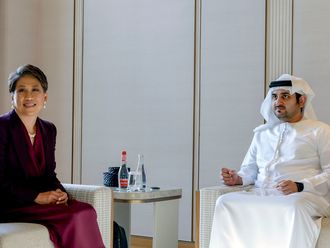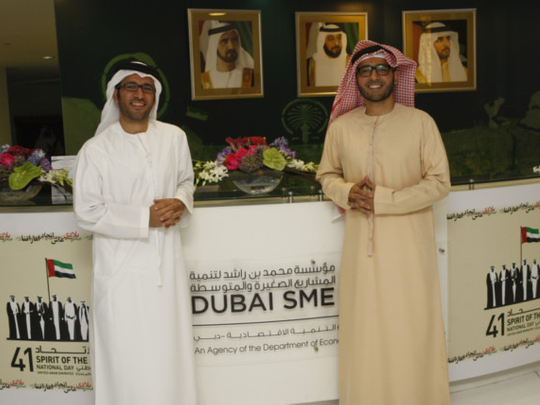
Mohammad & Peyman Parham Al Awadi set up Wild Peeta (www.wildpeeta.com) a gourmet shawarma café in 2009. They set up three outlets quickly and shut the business in December 2012. Using the learning of the past four years, they intend to restart the business. Entrepreneurship is a journey where an intermediate milestone could be business shut down.
How did Wild Peeta start?
M: We saw an opportunity for reinventing the Shawarma; the sauces, way of grilling the meats, and the bread. And make it more nutritious. We experimented with the idea for 10 years in our kitchen. We didn’t have the capital. We wanted to use our savings, not ask the family for money.
What in your education and work experience prepared you for business?
M: We were exposed to different cultures from a very young age. Between us we speak 5 languages - French, Hindi, Arabic, English, and Farsi. We studied in the US, came back, worked with our father in his business and learnt from his style of working. We saw business as very personal. It is about goodwill. You build relationships. This I think was a foundation for entrepreneurship.
When we started working we wondered whether we were good enough for a multinational. We were keen on working for an MNC. Many doors were shut on us when we reached out and asked for jobs. We were persistent. Peyman joined Master Foods and I joined Philips. Later I moved to BAT and Peyman to Pepsi. The MNC work experience sharpened our functional skills. It helped us benchmark our capabilities with people from around the world giving us the confidence that ‘we could do it.’
It was during that time we started thinking of Wild Peeta. In hindsight starting a business was not a deliberate move. We went where our fate took us. We got offered a job. We took it. We got an opportunity to start our own business and we did that.
You had no knowledge of the food business. Did you hesitate when starting WP?
M: On the contrary we were excited. This was an opportunity, a journey of sorts. We tried to prepare for the ‘adventure.’
What surprised you when you started the business?
M: I think ignorance is bliss. We didn’t have a faintest idea how challenging it was going to be to open a small café in Dubai. We thought we are ready when we started. We were trained by the best MNC companies in the world. We had managed multi-million dollar budgets. So we can open a store. But it was the most challenging work that we had done. It was tedious, difficult, bureaucratic, and time consuming to open the first outlet.
We did not get a fix on tackling the networked procedures of different Government departments. We rented an outlet in DHCC. Converting it for use as a restaurant was a nightmare. To install the infrastructure required paperwork and procedures that took ten months and added pre-operating costs. We thought we knew how to start. We actually didn’t know the execution details. It was a steep, long and expensive learning curve.
You also changed your concept of doing Teppanyaki cooking.
M: We learnt that a new business concept evolves through trial and error. What looked ‘conceptually beautiful’ in the business plan didn’t work in reality. The Teppanyaki was an interesting idea. We were to cut the meat off the skewer, put it on a Teppanyaki griddle, add sauce and theatrics, put in a sandwich and serve. The process was unnecessary. It was taking too long. And customers didn’t care how we prepared the meats. And we confronted cross-contamination of sauces, something not envisaged earlier. The ‘fad’ was just too expensive. We looked at our competitors, saw what worked for them, and adapted.
Did customers understand a gourmet shawarma?
M: Gourmet shawarma is not a market segment. We only have two segments - cheap and expensive shawarma. We were trying to establish that we are gourmet shawarma but we are not expensive shawarma. When we started, we couldn’t sell our shawarma at a price of 25-30 Dirhams. We had to lower our prices, re-start at a price point similar to Subway and gradually increased price.
Would you have taken a person knowledgeable in the food business as part of your team?
M: We would not open a restaurant without a full-time partner, who owns a stake in the business and has operational experience related to the business.
Was it easy to connect with suppliers?
M: The first challenge was finding the suppliers. Then we ended up buying products that were much more expensive than planned. We were a small new business, our purchase volumes were low and no suppliers wanted to work with us. Vegetable suppliers told us that they will not deliver. We sent a person to buy and pickup goods paying cash. Customized packaging has been a challenge. Prices are high and this distorts margins. Our bread today is the best it has ever been but it still is not the bread that we want. Our meat is good but it is still not exactly what we want. We have had to compromise in producing the shawarma we planned.
Did you try too much innovation too quickly?
M: We started with a ‘broad’ view of our core products. We thought we should make everything with a something special from WP. In addition to Teppanyaki we erred in buying a bread making oven. We wanted to make our own bread and realized that it was a business in itself. In hindsight we rationalize this by saying we wanted to try a lot of products to see what happens. We should have started small, with a few products, established the product and the process, and then added products.
How would you start the same business with the knowledge you possess today?
M: Very differently. We were ‘green’ when we started. We invested too much money in equipment that we didn’t need. Our project management would be a lot better. We wouldn’t open so many outlets at this early stage of our business. We have gone through three outlets. Our first outlet DHCC shut down because of flooding. MAF were kind enough to give us space in Deira City Centre. We discovered that a food court customer is not our customer. The World Trade Centre outlet was unviable as a seasonal outlet. We would not start the business with Dh1.3 million. We could start the business with 70-100K for a 600 sq. ft. outlet. We wouldn’t custom build anything. We would do a low cost build. Try it for several weeks and if it works go to next step. We would stay in a location for at least 3 years, doing all the experimentation to tweak the process, menu, costing, and supply chain.
Getting too much money was a bad idea?
M: Access to large capital early is a problem. If we have money we stop thinking deeply about decisions and use money to solve problems that can be solved differently and at a lower cost.
Was it a right decision to resign your job to start the business?
M: Yes. Startups evolve. They can’t be explained by writing. Every day brings new challenges that require adaptation. And only the idea creator can do it. It was important to lead from the front. I was in the café every day. The staff saw me take orders, make shawarmas, serve customers, manage the stock, etc.
What worked in your social media strategy and what didn’t?
M: Social media helped get us where we are. We used social media to access resources and get customer feedback. Social media gave us a potential customer base who wanted to ‘try’ our product before we started, and they did. But we had to be accessible otherwise customers have alternatives.
Was HR an issue?
M: We couldn’t recruit people from within the UAE. We started by paying a little more than the market. We had attrition before we identified ‘good’ staff. Even sacking staff was a challenge. Our challenge was in teaching staff to make a shawarma. Our overall HR experience has been time-consuming and expensive. The existing visa and employment system is very anti startups and small business.
How have you changed as persons?
M: We have constantly evolved. Sometimes it feels like endless change.
The real challenge was different. In a MNC they give you specific jobs, responsibilities and roles. You are within a box – finance or sales or marketing. When you start your own business you need to do everything - marketing, finance, how to hire, how to train, how to fix a Wi-Fi router, how to make Shawarma, cook a sauce, clean the floor properly, and so many different things.
We have become confident as persons. I think we are the happiest we have ever been. We feel that our lives have been enriched. Entrepreneurship has given meaning to what we are doing. We are doing something we love, that we believe in. We have our challenges, but we will get around them.
Advice to an entrepreneur starting out?
M: Entrepreneurship is a long journey with a lot of ups and downs. What will keep you going is your enthusiasm and intense commitment. Do something you are passionate about. The reality is that nothing is easy. It takes times and effort to establish a successful business. Success doesn’t come knocking. What outsiders don’t see is the hard work successful entrepreneurs put in. They don’t sleep. Don’t go on vacation. They don’t rest for a second, business always in their minds. Perseverance is the input.


